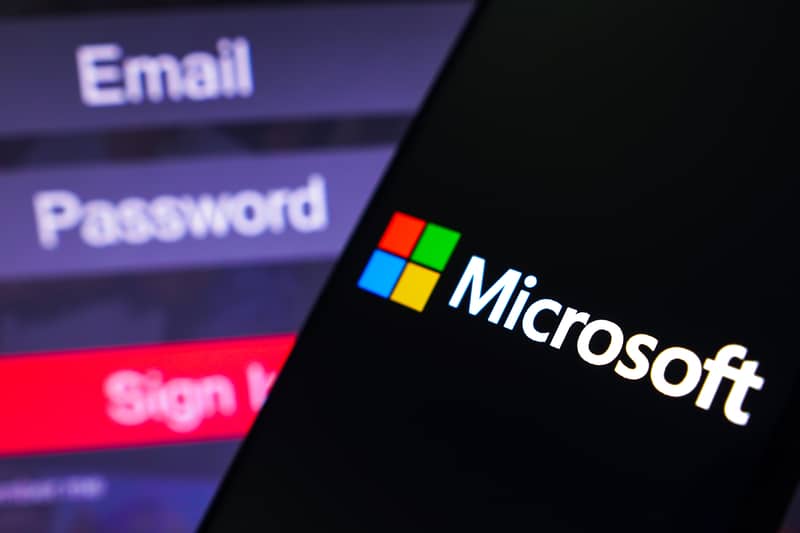
Organizations face growing email security crisis
While businesses continue to depend on email for mission-critical communication, a new report issued by email signature management specialist Exclaimer reveals they're struggling to secure and govern this most essential channel.
The survey of over 4,000 global IT leaders, including 1,000 in the US, and exposes a critical gap: while 86 percent of US IT leaders say more than half of their business communication flows through email, the infrastructure supporting it hasn't kept pace with modern security and governance demands.

KnowBe4 unleashes AI-powered email security to small and medium businesses
KnowBe4 has launched Prevent, an AI-driven email security solution aimed at helping small and medium-sized businesses tackle one of cybersecurity’s most persistent threats: outbound email risk.
The platform, now expanded from its enterprise version, uses machine learning, behavioral analytics and neural networks to detect and stop data breaches caused by employee error, before they happen.

Email security: Why traditional defenses fall short in today's threat landscape
Despite decades of technological advancement, email remains the predominant attack vector for cybercriminals, with estimates suggesting that 80-90 percent of cyberattacks originate through email channels. While the cybersecurity industry has made significant strides in other areas, many businesses continue to rely on outdated email security measures that leave them vulnerable to increasingly sophisticated threats. This protection gap demands immediate attention from IT leaders.
Traditional secure email gateways (SEGs) like Mimecast and Proofpoint have served as the backbone of organizational email security for years. Similar to how traditional firewalls operate at network perimeters, these gateways excel at blocking known threats through signature-based detection and basic filtering rules. However, just as modern network security has evolved beyond simple perimeter defenses, email security requires a more sophisticated approach.

Your company needs a BEC policy and five other email security trends
Hardly a week goes by without news of another email-based attack via phishing or Business Email Compromise (BEC) scam. These types of attacks can cause a great deal of damage to infrastructure and an organization’s image, whether it is a large enterprise, a small-medium business (SMB) or even much smaller retailers. The FBI (Federal Bureau of Investigation) reports that the average financial loss per BEC attack is $125,000 and last year estimated the Business Email fraud industry to be valued at a whopping $50 billion.
These attacks are increasingly creative, and typically involve impersonation of someone such as the head of an organization or finance. If someone responds on behalf of the executive, they could unknowingly give away the keys to the kingdom, causing significant losses. With that in mind, let’s review some of the larger email security trends.

Microsoft is great, but not enough for email security
Microsoft 365 is the default software in SMEs, and understandably. The software offers a comprehensive set of productivity tools; flexible, scalable, and affordable licensing options, and compliance and security capabilities. However, given the ever-growing and persistent threat of cyberattacks, for email security, the standard security safeguards offered are insufficient.
Analysis of over 1 billion emails worldwide shows that emails are the preferred vehicle of cybercriminals. Email-delivered malware remains a favorite, increasing by 276 percent between January and December of last year. Additionally, attachments are growing as a threat. In Q4 of 2023, EML attachments increased 10-fold. Criminals are sending malicious payloads via EML files because they get overlooked when attached to the actual phishing email, which comes out clean.

Proton Mail launches desktop app for Windows, macOS, and Linux
Today, Proton Mail has expanded its secure communication platform with the launch of a dedicated desktop app, which was previously released in beta. The new desktop app complements Proton Mail’s existing web and mobile applications, ensuring users can maintain their email privacy across all devices without being confined to a web browser.
Proton Mail aims to provide users with the ability to access their email in their preferred manner without compromising privacy. The new desktop app addresses the privacy concerns associated with using email services like Outlook, which shares data with numerous external partners, and the risks of accessing emails through browsers like Chrome, which can expose browsing history to advertisers or be exploited by malicious browser extensions.
